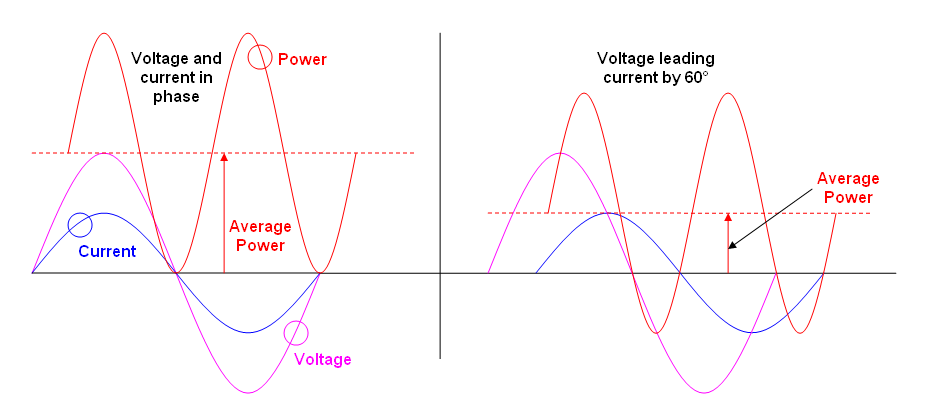I have a dBW value and dBW I understand to normally be given as representing a RMS Power (however this is not specificically ever stated and I am told its just assumed?)
from dBW to Watts = \$10^{\frac{dBW}{10}}\$. This then gives RMS power in Watts
At what point do I convert this from a RMS to a peak value?
- Multiply RMS Power in Watts by \$\sqrt{2}\$ before using \$V = \sqrt{P\cdot 50}\$
- Or multiply the result from \$V = \sqrt{P\cdot 50}\$ by \$\sqrt{2}\$
Because they give two different values...


sqrt((sqrt(2)*power)*50); 2)sqrt(power*50)*sqrt(2); \$\endgroup\$